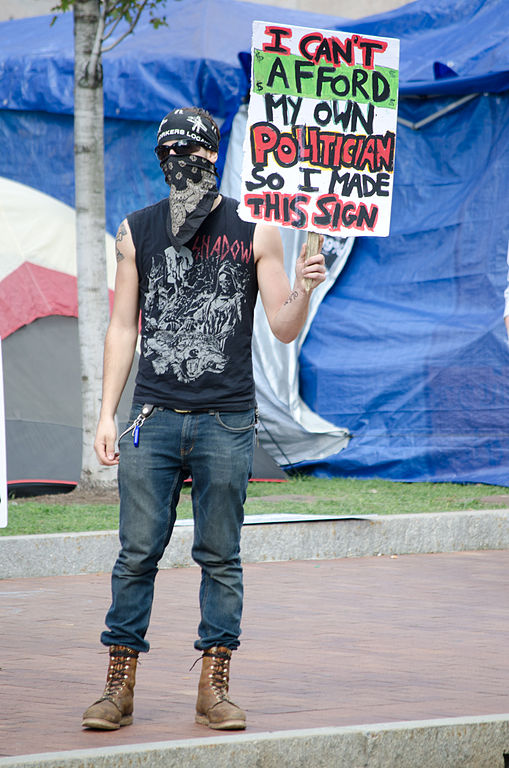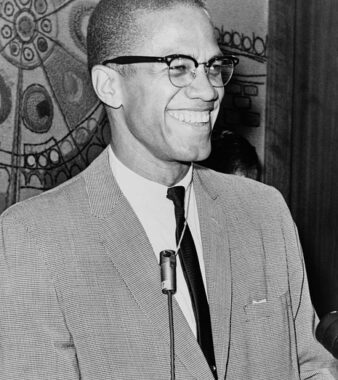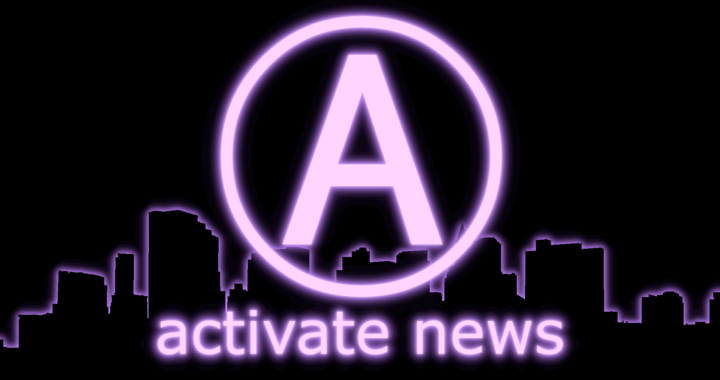 How Buckley v. Valeo and Citizens United Have Undermined American Democracy
How Buckley v. Valeo and Citizens United Have Undermined American Democracy
In 1976, the Supreme Court ruled in Buckley v. Valeo that limits on individual contributions to candidates and political parties were constitutional, but limits on overall spending were not. This decision allowed for an increase in the amount of money spent on elections by corporations and unions.
In 2010, the Supreme Court ruled in Citizens United that corporations and unions have the same First Amendment rights as individuals, and that they can therefore spend unlimited amounts of money on independent expenditures in elections. This decision overturned a key part of the Buckley decision and led to a significant increase in the amount of money spent on elections by corporations and unions.
This increase in spending has had a number of negative effects on American democracy. It has made it more difficult for ordinary citizens to have a voice in the political process, and it has given corporations and unions an undue amount of influence. It has also led to a rise in negative advertising, which has made elections more negative and less informative.
These negative effects have led to a decline in public trust in government and a growing sense that the political process is rigged in favor of the wealthy and powerful.
The road to Citizens United was a long and winding one. It began in 2008, when Citizens United, a conservative nonprofit organization, released a film critical of then-Democratic presidential candidate Hillary Clinton. The film was titled “Hillary: The Movie.”
Citizens United wanted to air the film on television and make it available on DVD, but the Federal Election Commission (FEC) ruled that it could not do so because the film was considered an “electioneering communication” and corporations and unions were prohibited from spending money on electioneering communications.
Citizens United challenged the FEC’s ruling in court, and the case eventually made its way to the Supreme Court. In 2010, the Supreme Court ruled in favor of Citizens United in a 5-4 decision. The Court held that the First Amendment prohibits the government from restricting independent expenditures for political campaigns by corporations, including nonprofit corporations, labor unions, and other associations.
Some of the most corrupt and oppressive politicians in office today are the beneficiaries of this system. They have been able to use wealth and power to gain influence in the political process. They have used this influence to advance their own agendas, often at the expense of the public good. They have also made it more difficult for ordinary citizens to hold them accountable.
Publicly funded elections would help to level the playing field and give ordinary citizens a greater voice in the political process. Under a publicly funded system, candidates would receive a set amount of money from the government, and would be prohibited from accepting private donations. This would prevent wealthy individuals and special interests from having an undue influence on elections, and would make it easier for ordinary citizens to run for office.
Publicly funded elections are not without their challenges. One challenge is that they can be expensive. However, the cost of publicly funded elections would be offset by the savings from eliminating the need to regulate campaign finance. Another challenge is that some people may argue that publicly funded elections violate the First Amendment right to free speech. However, the Supreme Court has already held that limits on campaign expenditures are constitutional, and there is no reason to believe that publicly funded elections would be any different.
In addition, there are a number of other reasons to support publicly funded elections. For example, public funding would help to reduce the influence of special interests in elections. It would also help to make elections more transparent, as all campaign spending would be publicly disclosed. Finally, public funding would help to make elections more accessible to all candidates, regardless of their financial resources.

























